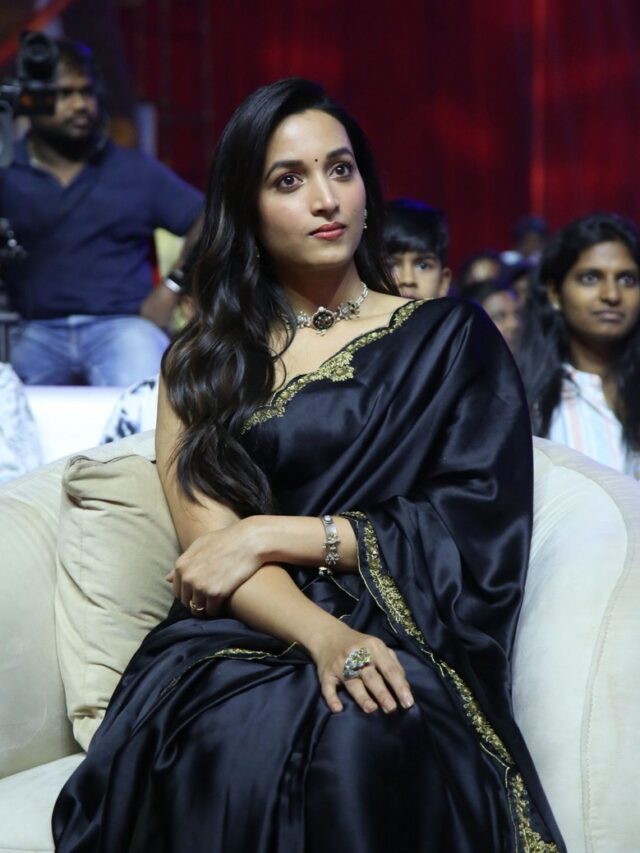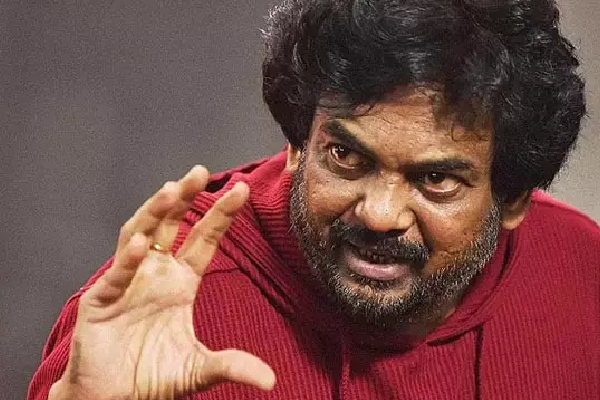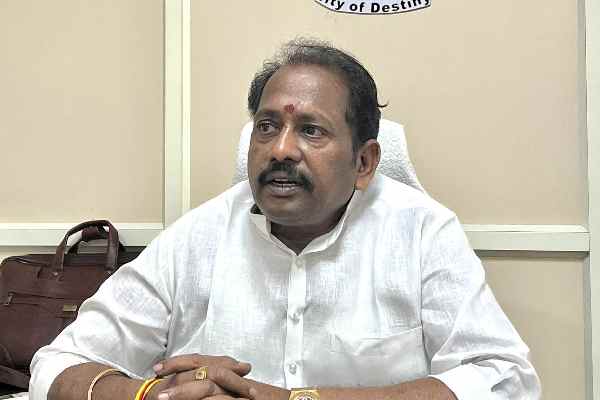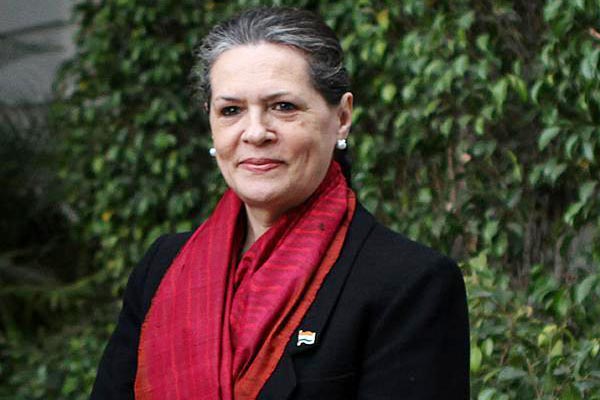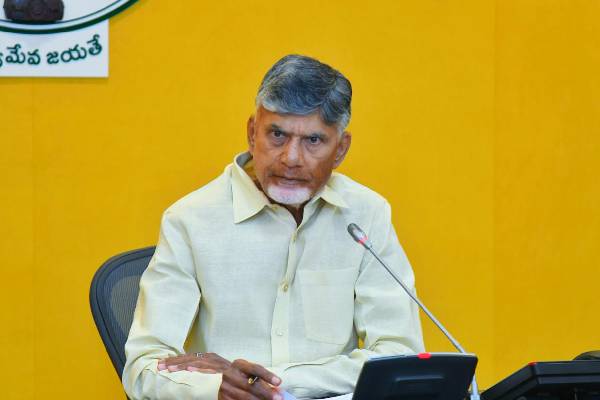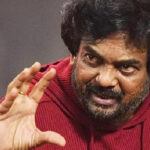Even as Sonia Gandhi prepares to pass the baton to her children in the run-up to the Uttar Pradesh elections, it is obvious that she is not only opting for semi-retirement a few years too early but also that she is leaving the Congress in more of a derelict state than ever before in its 131 years.
At 69, Sonia is only four years older than Narendra Modi. In the normal course, she could have carried on for several more years.
But indifferent health has apparently forced her to opt for a change of guard at the party’s helm with Rahul Gandhi being groomed to take over as the party chief, although there is little doubt that she will continue to play a major role in the Congress and in the country’s politics in the foreseeable future.
When the history of these times is written, her retreat from formal leadership will however be seen to have taken place when the party is going downhill. She will not be handing over a healthy organization to her children but an ailing one.
From this standpoint, her stewardship can be said to have marked the twilight period of the Nehru-Gandhi dynasty. There is little doubt that Sonia Gandhi will be held responsible by chroniclers for this sad state of affairs if only because she has been — and still is — in sole command of the party. As a result, its successes and failures cannot but be attributed to her.
It was in 2004 that the Congress tasted success under her leadership. But hindsight suggests that it was an achievement by default rather than on its own steam.
According to Atal Behari Vajpayee, the BJP’s defeat was the result of popular anger and disenchantment caused by the Gujarat riots.
As the Hindutva storm-troopers violated the raj dharma of neutrality in Gujarat, the Congress gained by being in the right place at the right time.
With Sonia Gandhi’s popularity ratings second only to Vajpayee’s at the time, it was evident that the electorate voted for her rather than for the Congress.
The success of 2004 was confirmed by an even bigger victory in 2009 when the Congress crossed the 200-seat mark in the Lok Sabha. The party seemed to be going from strength to strength.
But, then, the wheels began to turn and the decline which began from 2011-12 is still continuing. There is little doubt that Sonia Gandhi is responsible for this slide. A major reason is the disconnect between her and the popular preference for economic reforms.
As a recent book on P.V. Narasimha Rao has pointed out, a sizable section of Congressmen were against the then prime minister opening up the economy.
Indeed, Sonia and the anti-reforms Congressmen still live in the 1970s and 1980s. Unfortunately for them, India has moved on — a trend which Narendra Modi detected and capitalized on with his pitch for development. The Congress, therefore, has been left behind.
But economic obtuseness is not the only reason the party has floundered under Sonia Gandhi. An even greater blunder is her unwillingness to build up a second rung of leadership apart from her own children.
Even there, Sonia Gandhi apparently prefers to distinguish between Rahul and Priyanka although the latter is palpably more popular among the party’s rank and file and the people in general.
Sonia Gandhi appears to have acquired the trait of backing members of the family from her imperious mother-in-law, who also pushed her sons to the forefront instead of allowing the provincial leaders to play a larger role in national politics as in the early days of the Congress.
While Indira Gandhi groomed Sanjay first and then Rajiv to step into her shoes, Sonia Gandhi wants Rahul Gandhi to take over with Priyanka Vadra following some distance behind.
The disastrous fallout of this obsession with the dynasty is obvious. The consequences are all the more unfortunate because Rahul Gandhi lacks the charisma of his forebears.
However, it will not do to blame Sonia Gandhi alone for the Congress’s plight. An equal responsibility has to be borne by the senior party members, none of whom has had the guts to point out to her the follies of her ways.
It is only pressure from below which has led to Priyanka Vadra being given a greater role in the Uttar Pradesh elections. Being more of an amiable, “natural” politician than her grumpy brother, the ordinary members of the party feel that she will fetch more votes than Rahul Gandhi.
Any other party or its leader would have banked on the personable Priyanka Vadra long ago to turn the organization’s fortune around. But Sonia Gandhi’s preference for her son has made her back him — even if his inadequacies are evident.
The Congress, at the moment, is hoping for Modi to stumble so that it can find its way back to power. But the prime minister has been reasonably steady on his feet so far, although the Hindutva hotheads have been trying to queer the pitch for him with their anti-Muslim and anti-Dalit antics.
The Congress, therefore, is facing a bleak autumn with an even more depressing political winter before it.
(Amulya Ganguli is a political analyst. The views expressed are personal. He can be reached at amulyaganguli@gmail.com)

